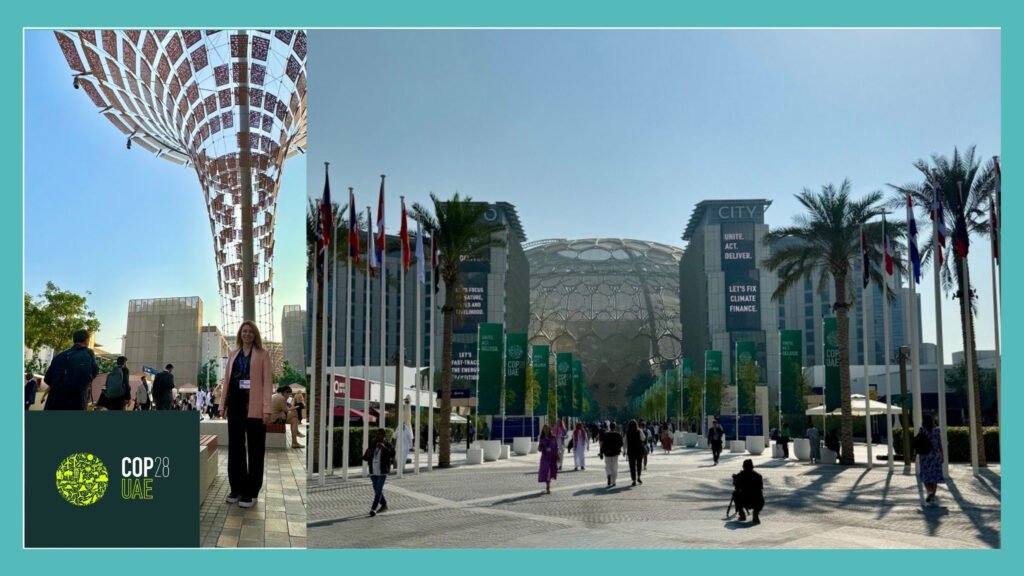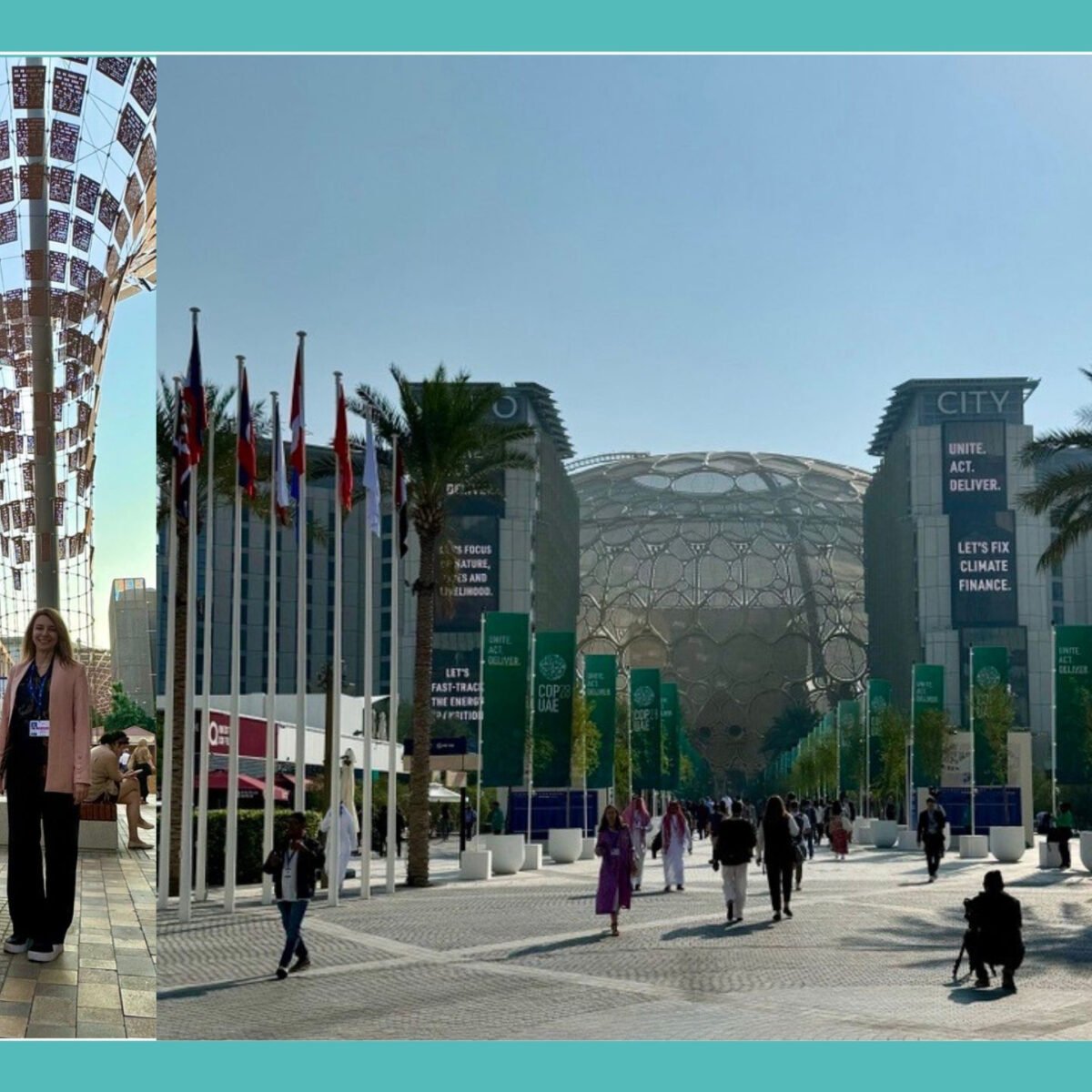BetterMint at COP28:
Our key takeaways
AUTHOR:
Katerina Mouzouraki
PUBLISHED ON:
14th December 2023
PUBLISHED IN:
bettermint.gr
In our inaugural year operating as #BetterMint, we had the privilege to not only participate in COP28 UAE, but to also extend our support to the Greek delegation, facilitating a series of sessions on the potential of offshore wind energy. Here’s what we gathered from this extraordinary experience.
COP28 marked a significant milestone in the Conference’s almost three decades of history, boasting the highest participation to date, with double the number of delegations compared to COP27 in Egypt. Reflecting on this massive event, both in significance and in attendance, one resounding theme echoed throughout: “collaboration.”
The word was ubiquitous, uttered by multiple stakeholders and spanning diverse topics. Yet, the underlying message remained consistent—no country, no nation, no industry and no organization can achieve their goals on their own. The imperative is clear: we must unite our efforts, solutions, resources, skills and knowledge, or risk falling short of our planet’s urgent demands.
While some environmental enthusiasts have expressed disappointment that the decision to “transition away from fossil fuels in energy systems, in a just, orderly and equitable manner” (COP28 first global stock take) failed to meet heightened expectations, it nevertheless stands as a historic milestone and decisive step in the right direction.
Drawing from our engagements at the Greek Pavilion, a first-time presence at COP, we found heartening evidence of both governmental and private sector commitment to driving the energy transition. However, an implicit yet crucial message emerged: the green transition must be as swift as it is inclusive, ensuring that the most vulnerable are not left behind.

We come from a nation recovering from a decade-long recession, compounded by three years of epidemic setbacks. A few years after the Athens 2004 Olympic Games, Greece regrettably descended into a generalized crisis and became one of Europe’s poorest countries, struggling to get back on track. Consequently, while the transition to green energy holds paramount importance for both the Greek State and its people, so too does bridging the gap between the haves and have-nots.
In essence, the crux of the issue lies not just in transitioning to sustainable energy; but in doing so in a manner that fosters inclusivity and equity, and safeguards against energy poverty.



